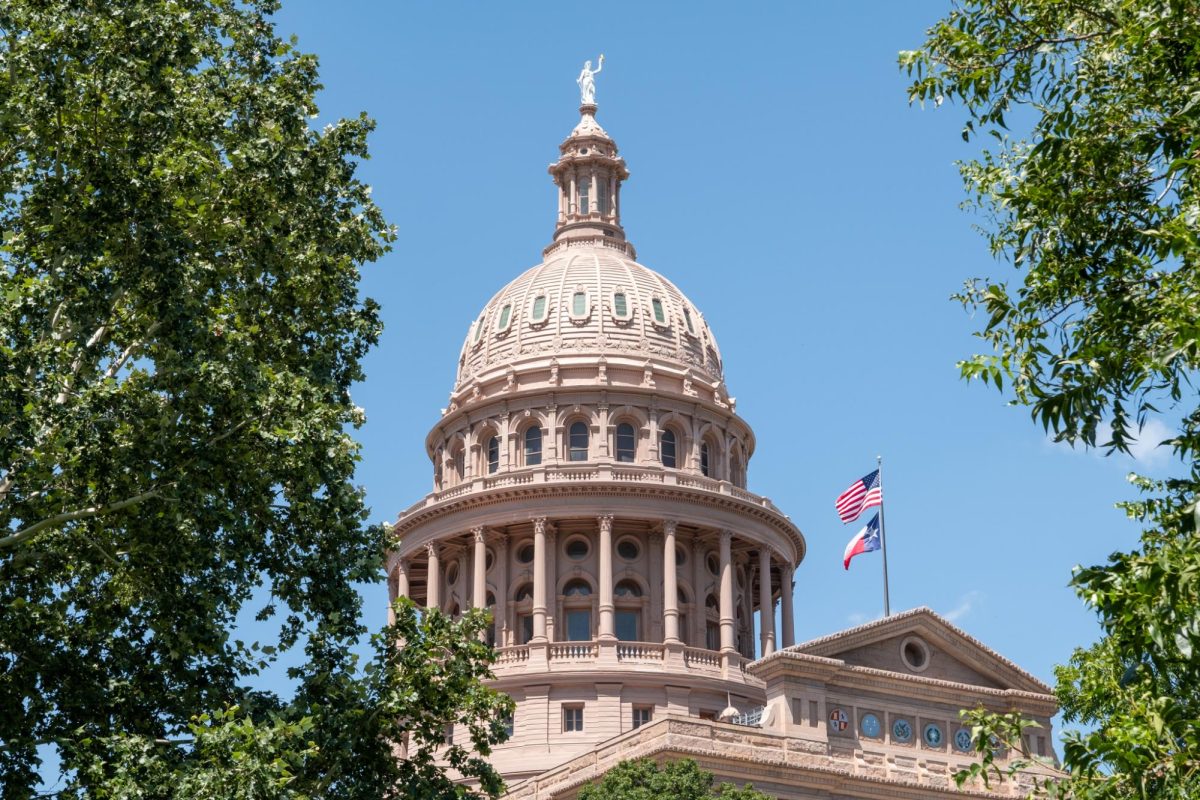Key provisions of the Texas Data Privacy and Security Act, which gives consumers more control over how their data is collected and requires businesses to honor data opt-out requests, went into effect on Jan. 1.
The latest provisions of the law update the state’s Business and Commerce Code to strengthen consumer data protection. Businesses are now required to allow consumers to use tools, like browser extensions, to block data collection and honor requests from third-party companies hired to delete data on consumers’ behalf. Violations could lead to substantial fines, increasing pressure on businesses to comply with the new regulations.
Joshua Blank, the Texas Politics Project director, said the new measures elevate Texas to possessing some of the nation’s most strict data privacy protections.
“People are becoming increasingly aware of and worried about this issue of what companies and others are doing with the data that they produce while they are online,” Blank said. “This law gives more rights and creates more responsibilities for those companies that are collecting user data.”
Before Jan. 1, consumers had to contact individual businesses directly to delete their data. A report by the Department of Information Resources, which gathered consumer feedback on the previous opt-out process, highlighted frustrations with having to contact individual businesses to delete data. According to the report, most consumers providing feedback wanted a simpler data opt-out process.
Biochemistry freshman Ariel Herrera said she would never have considered calling businesses to request data deletion.
“I feel like going to call a company to delete your data is a bit too much effort for what it’s worth,” Herrera said.
According to Blank, the new measures will shift the responsibility for ensuring data privacy from consumers to businesses.
“What this does is it really puts the onus on companies, whereas in the past, most of the onus has really been on the individual … (to) figure out what companies are doing with their data or to make requests with them,” Blank said.
Karl Sorgard, a petroleum engineering sophomore, said these increased protections are a step in the right direction but expressed concerns about balancing convenience with privacy.
“I’m mixed, because … if you use YouTube, TikTok (and) stuff like that, they use your data to make your experience better, but at the same time, it’s a little weird,” Sorgard said. “When you think about it, they see your data (and) even sometimes they’re able to see your location.”
While the law marks a significant step toward stronger data protection, some students said they are unsure how these provisions will impact their behavior.
“I don’t know if students really care that much,” said Aran Onthuam, a mechanical engineering sophomore. “As long as they are happy using the product, and if they’re tracking the data, it doesn’t matter too much.”
Sorgard shared similar concerns and said he hopes businesses will take their privacy responsibilities seriously.
“I hope that they can manage our data well,” Sorgard said. “But at the same time, you’ll sometimes hear this company sold data, and you’re like, ‘What the heck?’ I’m just trying to stay blissfully ignorant and just kind of hoping that they don’t (sell it).”














